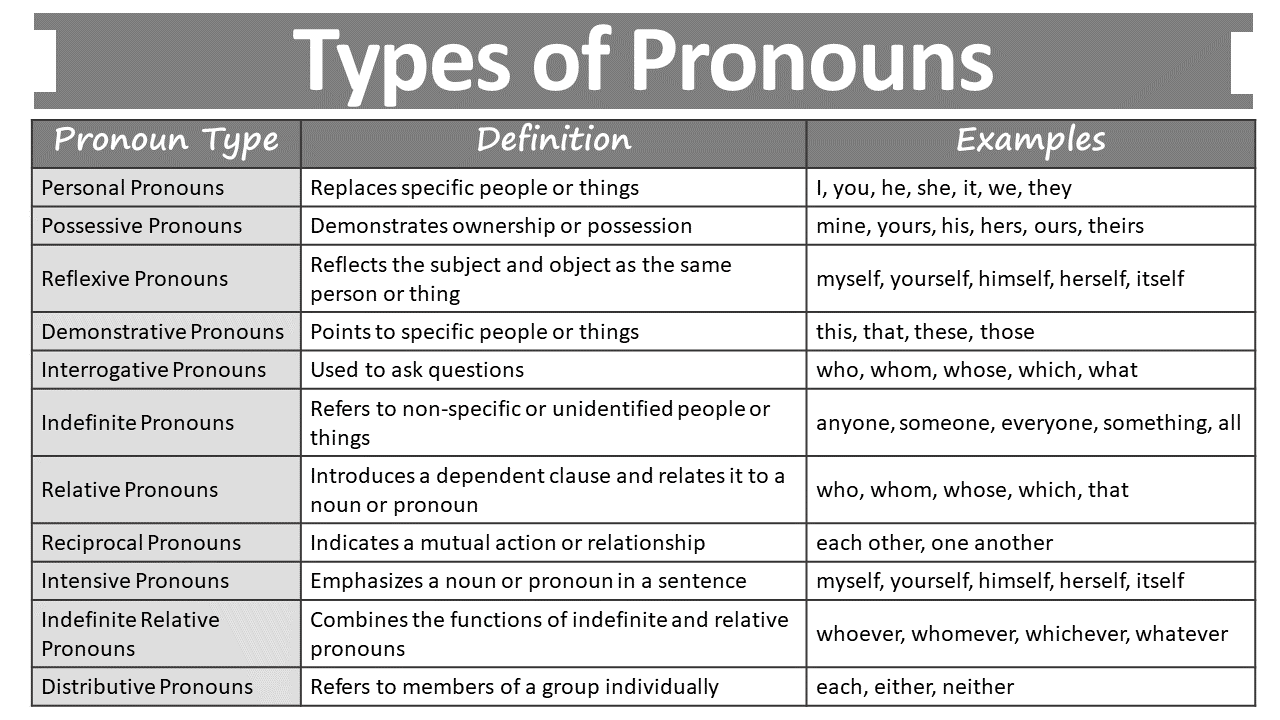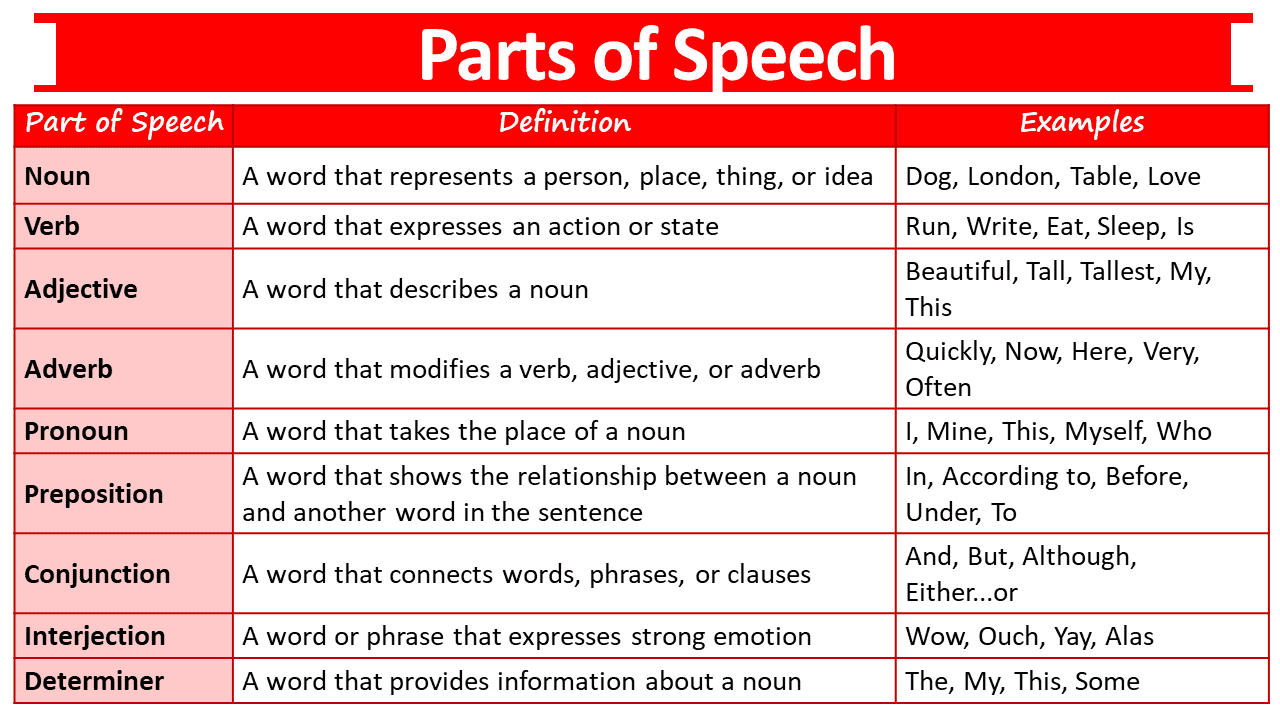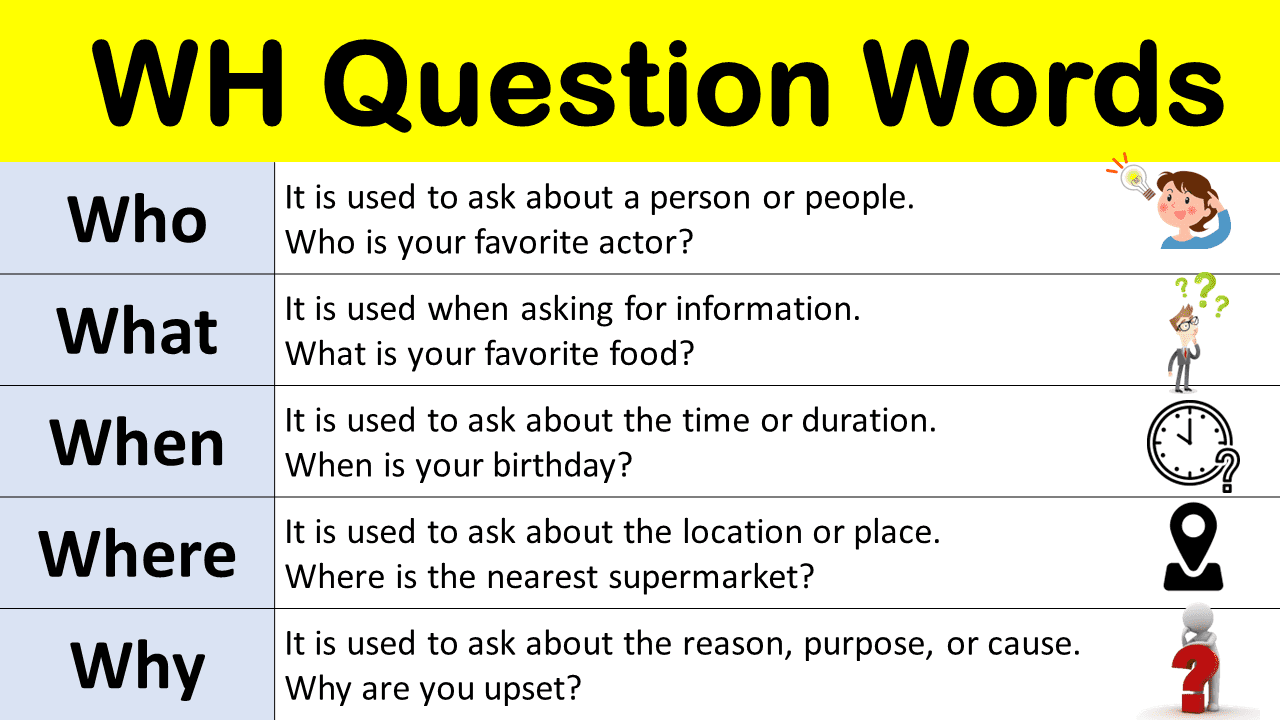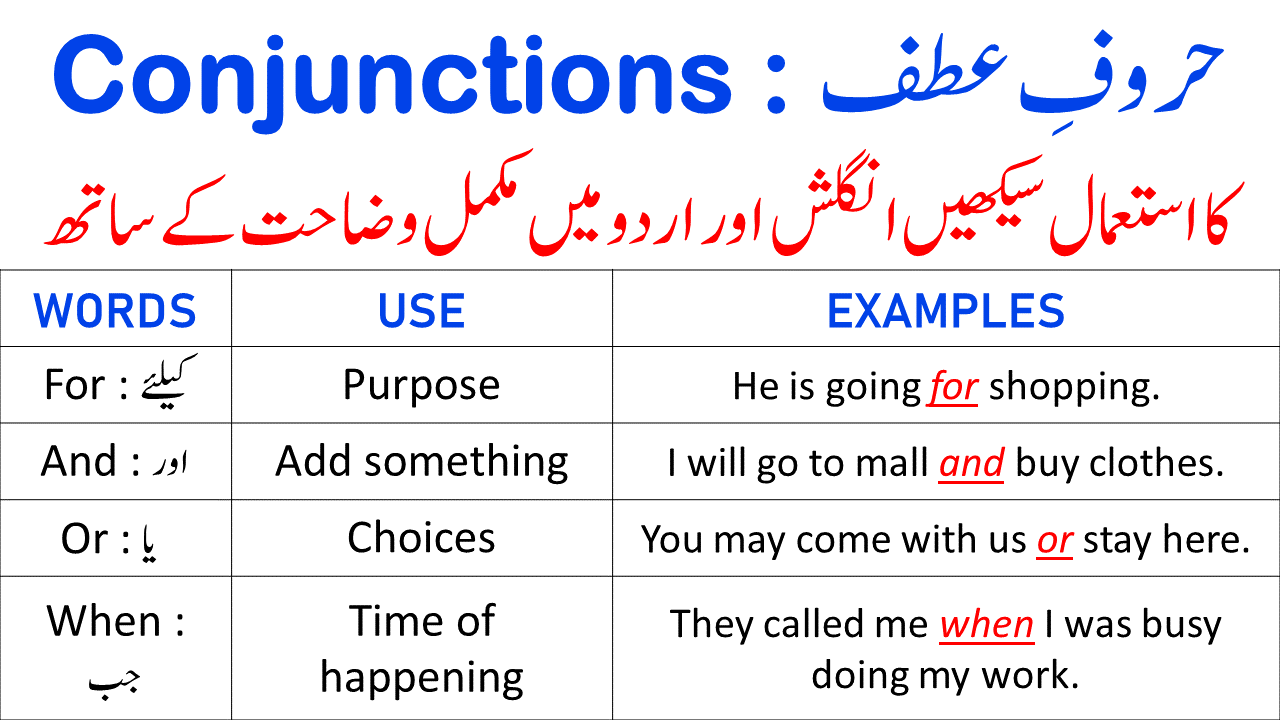Pronouns play a crucial role in the English language, allowing us to refer to people, places, things, and ideas without constantly repeating nouns. Understanding the various types of pronouns is essential for effective communication and clear expression. In this blog post, we will explore the different types of pronouns, highlighting their significance and providing easy explanations for English learners.
- Personal Pronouns: Personal pronouns refer to specific individuals or groups and vary based on their role in a sentence. The important personal pronouns include:
- Subject pronouns: I, you, he, she, it, we, they.
- Object pronouns: me, you, him, her, it, us, them.
- Possessive pronouns: mine, yours, his, hers, its, ours, theirs.
- Demonstrative Pronouns: Demonstrative pronouns are used to point out specific people, places, or things. The key demonstrative pronouns are:
- This: refers to something close to the speaker.
- That: refers to something farther away from the speaker.
- These: refers to multiple things close to the speaker.
- Those: refers to multiple things farther away from the speaker.
- Relative Pronouns: Relative pronouns introduce dependent clauses and connect them to the main clause. The significant relative pronouns include:
- Who: refers to people.
- Whom: also refers to people but as the object of a verb or preposition.
- Which: refers to things or animals.
- That: refers to people, things, or animals.
- Interrogative Pronouns: Interrogative pronouns are used to ask questions. The essential interrogative pronouns are:
- Who: asks about people.
- Whom: asks about people as the object of a verb or preposition.
- What: asks about things or ideas.
- Which: asks about choices or options.
- Indefinite Pronouns: Indefinite pronouns refer to nonspecific people or things. The important indefinite pronouns include:
- Someone, anyone, no one: refer to unspecified individuals.
- Something, anything, nothing: refer to unspecified things.
- Everyone, everybody, everything: refer to all individuals or things.
- Reflexive Pronouns: Reflexive pronouns are used when the subject and object of a sentence refer to the same person or thing. The significant reflexive pronouns are:
- Myself, yourself, himself, herself, itself, ourselves, yourselves, themselves.
- Intensive Pronouns: Intensive pronouns are used to emphasize a noun or pronoun in a sentence. The important intensive pronouns include:
- Myself, yourself, himself, herself, itself, ourselves, yourselves, themselves.
- Reciprocal Pronouns: Reciprocal pronouns are used to indicate a mutual or reciprocal action between two or more individuals. The primary reciprocal pronouns are:
- Each other, one another.
- Possessive Pronouns (Alternative Forms): In addition to the possessive pronouns mentioned earlier, there are alternative forms that are used to emphasize possession. They include:
- Mine, yours, his, hers, its, ours, theirs.





